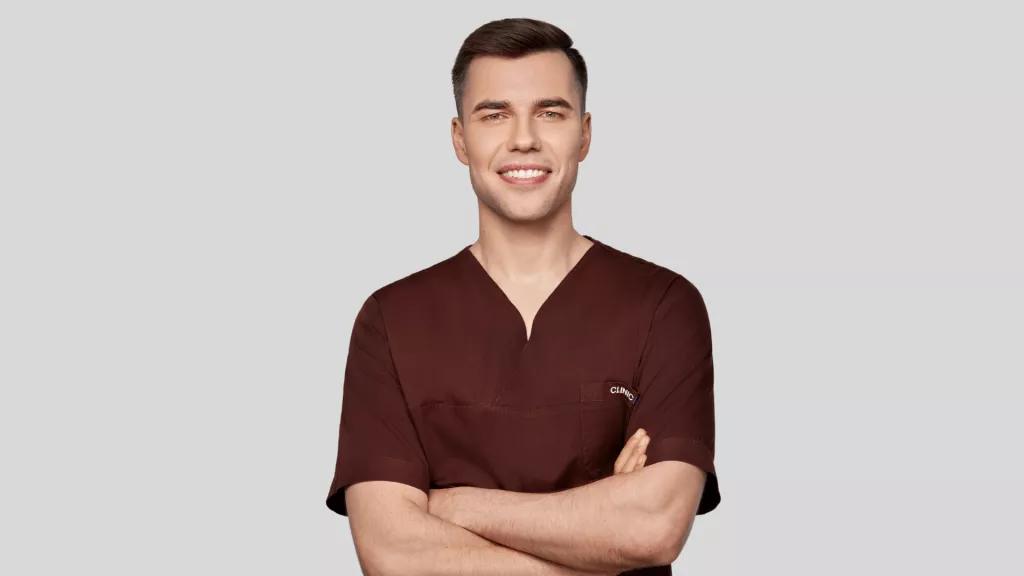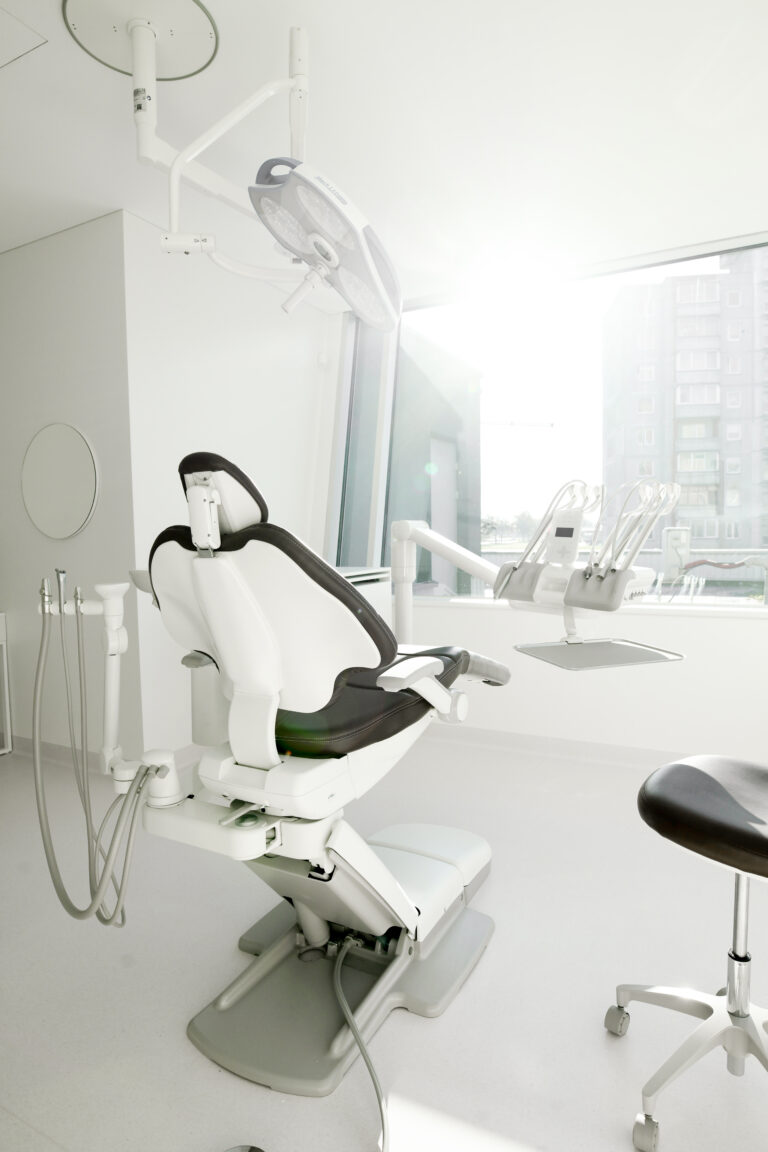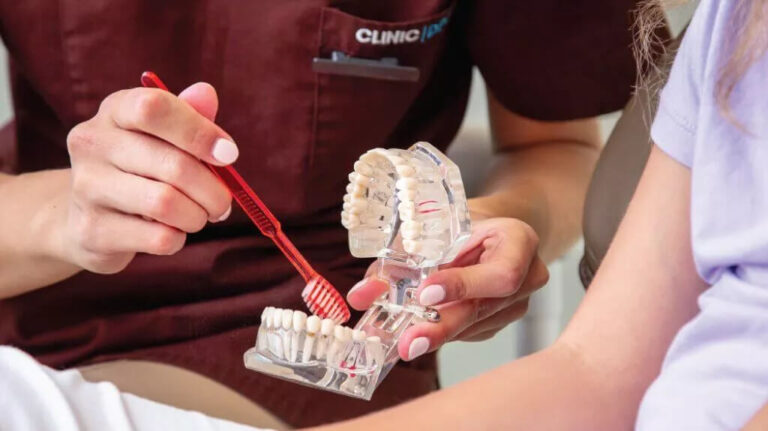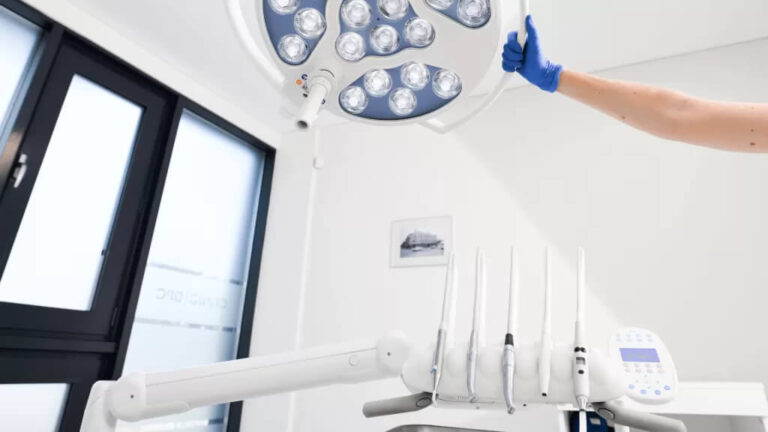The past few years have brought a significant amount of anxiety into everyone’s lives. The global pandemic that touched nearly all of us, the ongoing war, and persistent discussions about an impending crisis—all of these have forced us to reevaluate our values and reconsider financial decisions. Rising inflation has led some to invest in real estate, others in stocks or even gold bars. However, many of us still often forget to consider the most important investment of all—our health.
Preventive screening – the key to good health
As unfortunate as it may be, a visit to the doctor’s office is often only made when the problem has become more persistent and the symptoms are starting to interfere with the normal rhythm of life. Neglecting your health not only leads to serious problems, but also makes your wallet much smaller. One of the most sensitive areas is dental health, which is often only thought about when pain strikes. If you go to a specialist with a delayed problem, the financial cost of treatment rises significantly. According to Rokas Perevičius, a maxillofacial surgeon at CLINIC | DPC, preventive check-ups not only prevent serious problems, but also save a lot of money in the long run.
“Preventive check-ups and regular oral hygiene are factors that can help prevent serious problems. Visiting an oral hygienist can detect even the slightest changes in the teeth, so that if you take the right action right away, you won’t have to deal with complicated and costly treatments later. Therefore, the best thing a person can invest in is his or her own health,” says R. Perevičius.
Saves time as well as money
One of the most common reasons for postponing doctor’s appointments is lack of time. The busy pace of life and daily activities often mean that what is most important gets pushed to the background. But even here, it is important to remember that a preventive check-up will take much less time than a long and patient treatment.
“During a visit to a dental hygienist, the appointment typically lasts between half an hour to an hour and a half. During this time, the specialist will thoroughly clean the surfaces of your teeth, remove any accumulated tartar and plaque, and apply therapeutic treatments such as fluoride to prevent further tooth decay if necessary. Such a procedure only needs to be done once or twice a year. However, neglecting oral hygiene or missing preventive dental check-ups can lead to the need for more extensive treatments, such as root canal therapy or even dental prosthetics. These procedures require much longer treatment and multiple visits to specialists in the field. Therefore, preventive check-ups not only save you money but also time,” says the oral and maxillofacial surgeon from CLINIC | DPC.
The key is to prevent problems from becoming entrenched
Today’s current affairs and the turmoil in the world make many people fear for their future and their financial foundations. With prices rising at record rates and the crisis scaring the public, there is no alternative but to think carefully about our spending. However, as Rokas Perevičius argues, one thing we can all do for our financial well-being is to make sure that in the future, we will incur as few costs as possible due to the state of our teeth.
“At CLINIC | DPC clinics, we often see patients who need treatment for almost all their teeth. This shows only one thing – there was a delay in coming earlier. If the problem had been spotted from the start, a simple filling would have been enough. But when the problem is already established, complex treatment is needed, using a variety of prosthetic techniques, constructions, veneers and overlays to restore the condition and appearance of healthy teeth. Therefore, the advice to everyone would be very basic – do not let the problems take root. Then dental treatment will be much simpler and cheaper,” advises maxillofacial surgeon Rokas Perevičius.
The expert urges you to remember that inflation “eats” the savings in your sock, so it is better to use these funds for something that is truly valuable. It’s worth remembering that if you have a dental condition that will not improve on its own, spending money now will bring back the joy of chewing and smiling.





